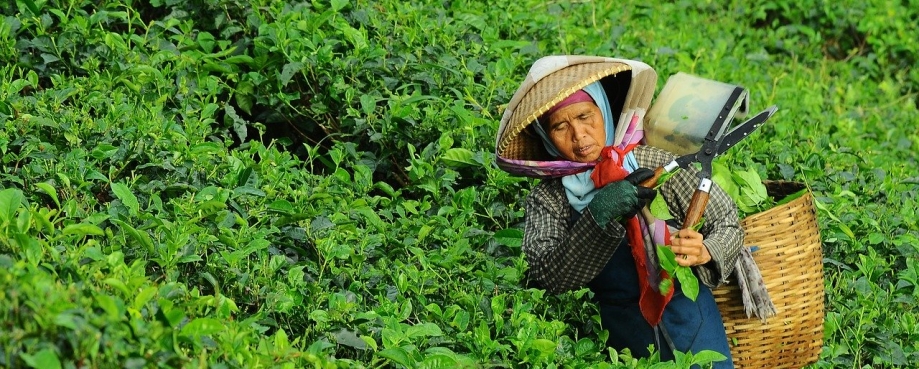
Our Planet’s capacity to support us humans appears to be teetering on the brink of failure due to unsustainable production practices, so isn’t it in everyone’s interests to step back from the brink and look beyond the usual, “cheap is best” approach to procurement decisions and start with “sustainability is best”?
Easier said than done for sure. This is a fearsomely complex task fraught with conflicting vested interests.
Here are some reflections from me on the recommendations Oxfam makes in its Risk to Resilience report:
Recommendation 1 – “Suppliers win business based on their own good practices”
Rewarding good practice should be the cornerstone to changing behaviours for the better.
How many buyers prioritise this in their point scoring approach to purchasing decision making? If you ask suppliers, there are very, very few stories of such rewards and many, many stories of frustrated and angry suppliers.
"A fearsomely complex task fraught with conflicting vested interests."
Good practice – described as decent work, the ethical employment of workers, and non-exploitation among other things, almost inevitably carries additional cost. Very cheap products should be a cause for alarm to all of us.
Recommendation 2 – “prices reflect the cost of sustainable production”
“Sustainable” may mean more costly products and lesser consumption of such products – but to save the Planet and the life this planet gives us, can’t we re-model our consumption around this?
Recommendation 3 – “a fair share of value demonstrably reaches the women and men producing food products”
Excessive power and economic imbalance leads to extremes of poverty and unrest. Can we continue to keep food workers as “key workers” when they are some of the poorest and most vulnerable on the Planet - and can we expect there to be no adverse consequences for the future security and quality of our food supplies?
Where next? Human Rights Due Diligence requires retailers and others to dig deep into their supply chain relationships to find out where the business models are broken, and where groups of suppliers and their workers may be subject to distress and exploitation.
There are, however, already many consultant studies that identify these issues. I worry that introducing a new step of professional activity to drive home the truths that we already suspect will add yet another cost with no certainty of change in supply chain behaviours. So can such as HRDD perform better than other voluntary standards in bringing us nearer to pressing the “behaviour change” button on our current industry and individual company business models?
My challenge back to Oxfam is to explain and to demonstrate how HRDD can out-perform other standards and lead to sustainable business models.
And what about ETI?
Does ETI get a free ride here? Indeed no. What I see ahead is a need for even greater collaborative action by the diverse actors that form our tripartite membership and to draw in other stakeholders from across the landscape of industry models and supply chains. There seems to be little urgency and too few willing to experiment where that experiment might change how business is done.
Collaborative action should include dialogue between workers and their representatives right through to consumers and their communities (who arguably have both least and also greatest power, and who may be both exploited workers and product customers seeking the lowest price). Looking at this another way, we also need to hear from all those who are “invested” in the process of doing business (tiers of company and supplier representatives, technical specialists, financial investors, those who speak for nation States and international bodies in their multiple forms).
The conversation about improved business models needs this broad enabling environment to work. And, in the corner, I’d want to see an image of our ailing Planet sat in a chair, ready to reproach us each time we fail to agree on a step forward.
